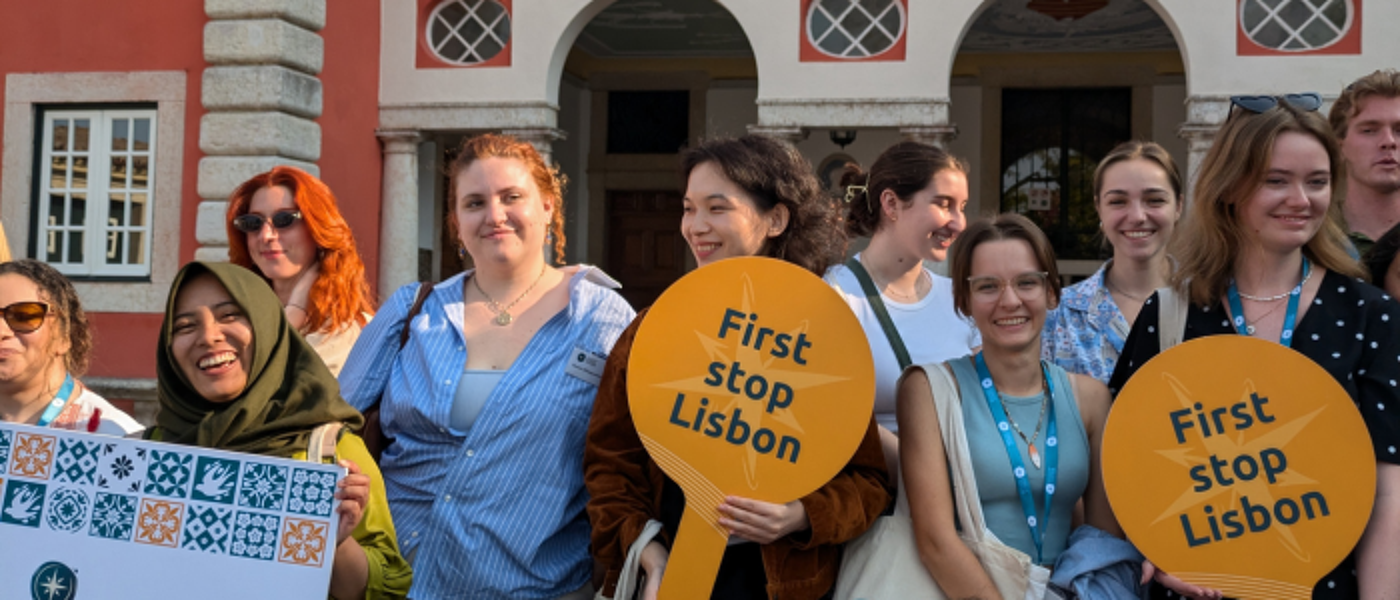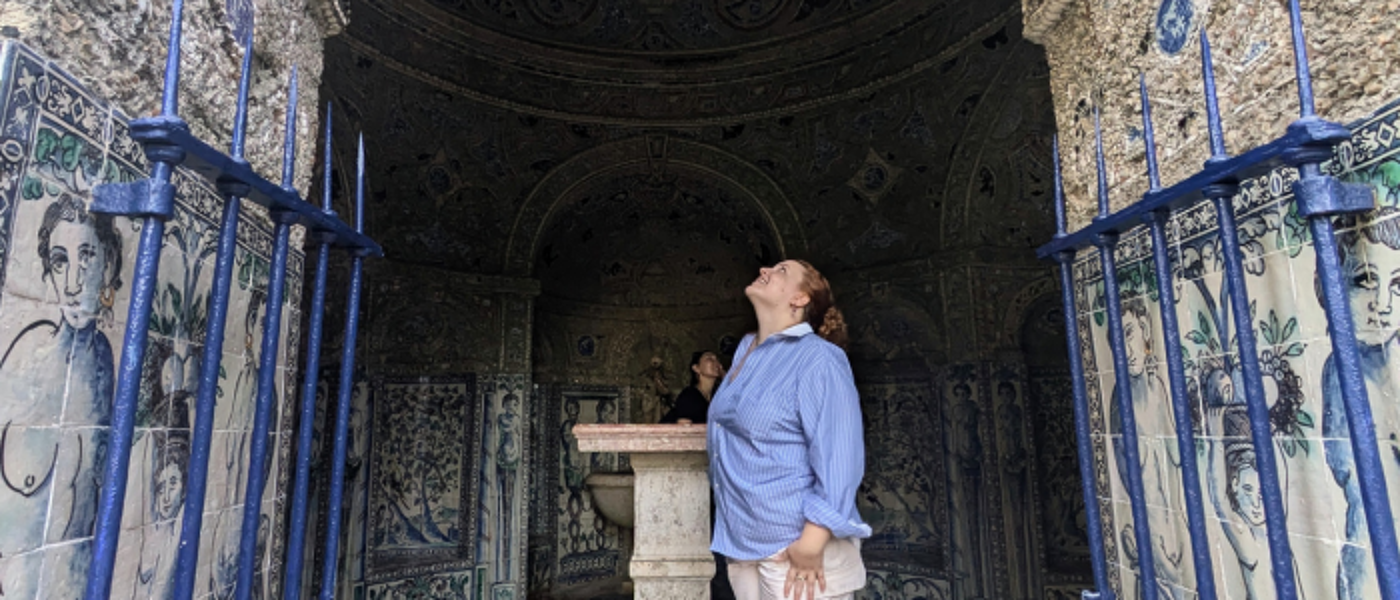Programme Overview
Managing Art & Cultural Heritage in Global Markets (MAGMa) offers you the unique opportunity to study at five European Higher Education Institutions (HEIs) over two years and gain a multiple Master's degree. It is recognised by the European Commission as an Erasmus Mundus Joint Master (EMJM).

Why Choose MAGMa?
- A consortium of five European Higher Education Institutions (HEIs) offers a unique, multidisciplinary approach to the art and cultural heritage field.
- World-leading expertise in collections history, the art market, art and heritage law, and cultural heritage management and economics is provided by each HEI.
- Combines historical, theoretical, and practice-based models to equip professionals with the skills to navigate the complex international art and cultural heritage sector.
- Built-in mobility within Europe and beyond, with opportunities for work placements in public and private art and cultural institutions.
- Guest lectures from leading academics and professionals in the art market, museums, and heritage organisations.
- The chance to attend Summer or Winter Schools in partnership with institutions like the Smithsonian Institution and the University of Glasgow.

Degree Certificates & Accreditation
Graduates of the Erasmus Mundus Joint Master (EMJM) in Managing Art & Cultural Heritage in Global Markets receive a multiple degree. This comprises four postgraduate certificates, awarded by all five institutions in the MAGMa consortium.
- International Master in Managing Art & Cultural Heritage in Global Markets (University of Glasgow)
- Master of Arts in Art Markets (ISCTE in association with Universidade de Lisboa)
- Certificate of Completion, Cultural Project Administrator (IESA arts&culture)
- Master of Arts in Arts and Culture Studies - Specialization: Cultural Economics and Entrepreneurship (Erasmus University Rotterdam)
Discover the Consortium Partners
Career Prospects
Graduates of the MAGMa programme are well-equipped to pursue a variety of prestigious roles within the global art and cultural heritage sectors. Possible career paths include:
- Art Market Professionals: Graduates may take on roles such as Art Auction Specialists, Gallery Directors, or Art Dealers, contributing to the management and growth of the international art market.
- Cultural Heritage Managers: With expertise in preservation and management, graduates may become Curators, Collections Managers, or Heritage Site Directors, leading key cultural institutions and ensuring the conservation of historical collections and sites.
- Art and Cultural Policy Advisors: Graduates may pursue careers as Policy Advisors or Consultants for governmental and international organisations, advising on cultural diplomacy and shaping policy in the global art and heritage sectors.
- Art Law Experts: Specialising in art law, graduates may work as Art Lawyers, providing legal expertise in matters of intellectual property, acquisitions, restitution, and the legal management of art collections.
- Cultural Project Managers: With a strong background in project management, graduates may lead large-scale cultural projects, exhibitions, or festivals as Programme Managers or Event Coordinators, ensuring successful delivery and impact.
- Marketing and Communications Professionals: Graduates may work as Marketing Directors, Public Relations Consultants, or Communications Managers, overseeing the branding and strategic marketing of museums, galleries, and cultural institutions.
- Art Investment Advisors: With a deep understanding of the art market, graduates may serve as Art Investment Consultants, advising clients on the acquisition and management of valuable art collections.
- Academics and Researchers: Graduates may continue their academic journey by pursuing advanced research and teaching positions, becoming Professors or Researchers at leading universities and academic institutions.
- Cultural Heritage Consultants: As experts in cultural heritage management and law, graduates may provide consultancy services to organisations, advising on best practices in collection management, preservation, and sustainable cultural heritage policies.
- Exhibition Curators and Designers: Graduates may become Exhibition Curators or Designers, curating major art exhibitions or designing engaging and innovative gallery experiences in renowned museums or galleries.
- Leaders in International Arts and Culture Organisations: Graduates may rise to leadership roles in prestigious international organisations or within multinational foundations, advancing global cultural initiatives.
- Nonprofit and Foundation Leadership: With a robust understanding of the cultural sector, graduates may lead arts and cultural foundations, developing impactful projects, securing funding, and promoting cultural growth.
- Consultants for Arts Institutions: Graduates may provide strategic advice as consultants, assisting art institutions, museums, and galleries with operational improvements, curatorial strategies, and market analysis.
- Cultural Leadership in Emerging Markets: With their global perspective and interdisciplinary knowledge, graduates may play a key role in the development of arts and cultural heritage sectors in emerging markets, fostering new cultural initiatives and collaborations.
With a strong foundation in both theoretical and practical aspects of art, culture, and heritage management, MAGMa graduates are well-positioned to take on influential roles across a wide range of sectors. Their expertise in law, economics, management, and cultural heritage enables them to effectively drive change, foster innovation, and lead international initiatives within the global cultural landscape.

